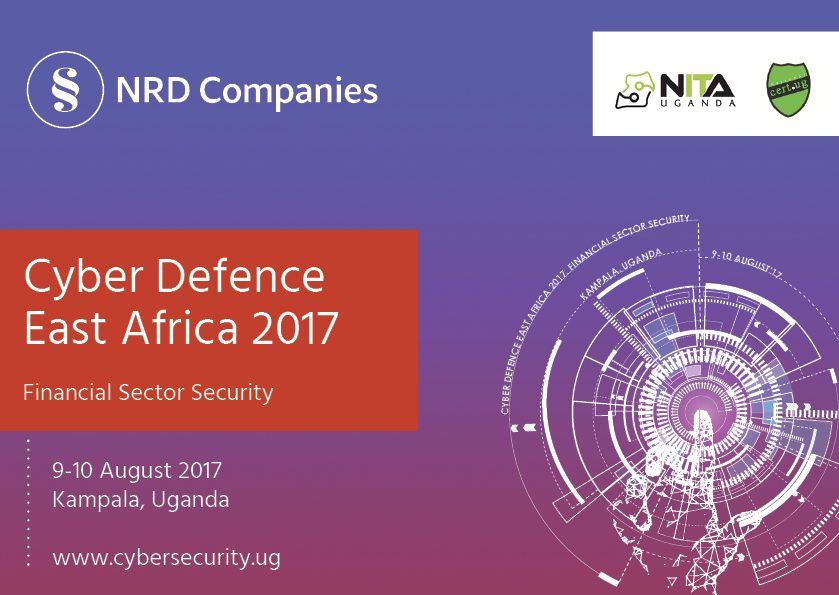Uganda and East African region overall is focusing on digitization and internet services as strategic means for improving public service delivery and facilitation of economic growth. With increasing digitization comes the need to ensure resilience against cyber threats – both internal and external. Digitization will produce desired benefits only if countries succeed to develop secure environment, employ secure technologies and designs as well as educate people, institutions, and businesses about cyber threats and secure behaviour.
In 2017, m assive ransomware attacks affected a variety of sectors worldwide, disturbing healthcare, education, transport, national security and financial organisations.
Financial sector is one of the key targets for cyber criminals. High-profile cyberattacks on banks, such as last year’s $81-million heist at the Bangladesh Bank or $13-million withdrawn in Japan using data stolen from South Africa’s Standard Bank, provide insights into potential consequences.
Disruption in accessibility of financial services, failure to ensure data integrity or a loss of confidence in the system can potentially cripple the entire economy. In addition, financial sector has its unique features, such as interconnectedness of the financial systems, which renders necessary specific approach and specific measures. Therefore, NRD Companies and NITA-U have dedicated the 5th annual Cyber Defence East Africa 2017 conference to financial sector security.
The event will take place in Kampala, Uganda, on 9-10th August 2017 and is expected to be attended by senior financial sector officials from Uganda and other East African region countries, together with leading policy-makers, law enforcement officers, CEOs, CIOs, CTOs and heads of IT departments from across East Africa.
The purpose of the first day of the conference is to emphasize that cyber security is first and foremost – a management issue, and therefore it will feature high-level keynote speeches and panel sessions on cyber security threats to the financial sector, critical infrastructure protection and information sharing. The Policy day will be concluded by signing of a Declaration on Cyber Security that calls to action the stakeholders, responsible for the stability and security of the financial sector in the East African Community.
The second day of the conference will be dedicated to practical trainings, divided into two parallel tracks: Track 1. Information Analysis and Track 2. Open Source Intelligence. The participants will learn how open source data and information analysis can increase the resilience of financial sector by preventing, deterring and investigating cyber-attacks. Technical trainings will be delivered by a specialized Northern European company NRD Cyber Security.

More information: www.cybersecurity.ug














